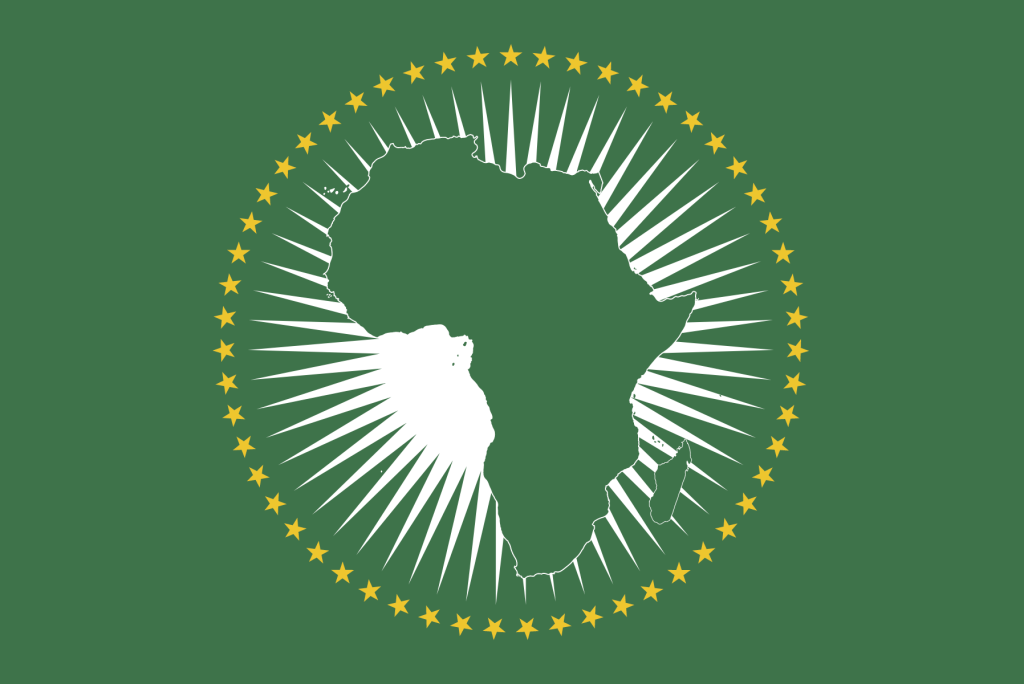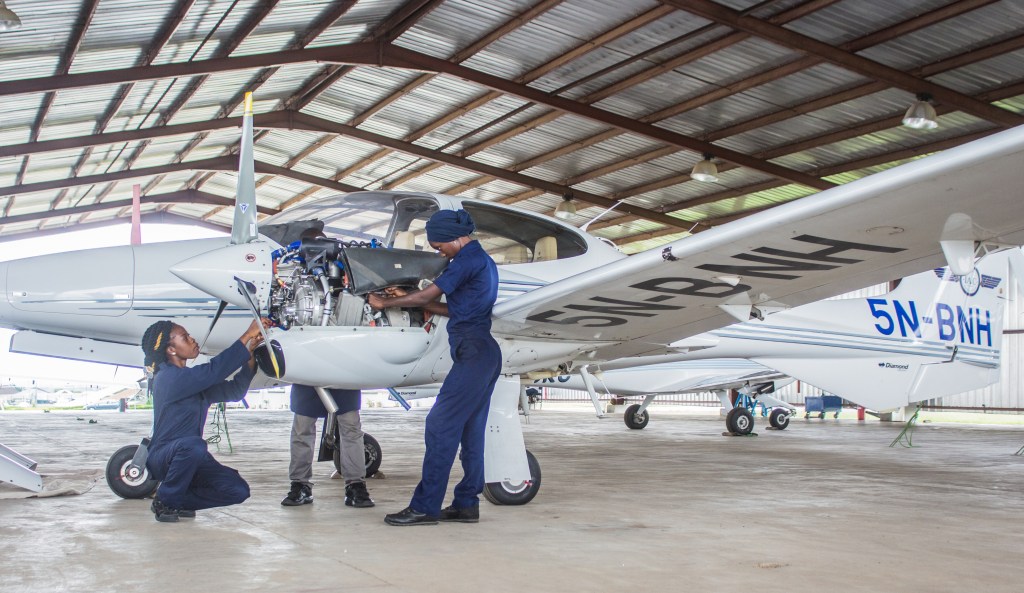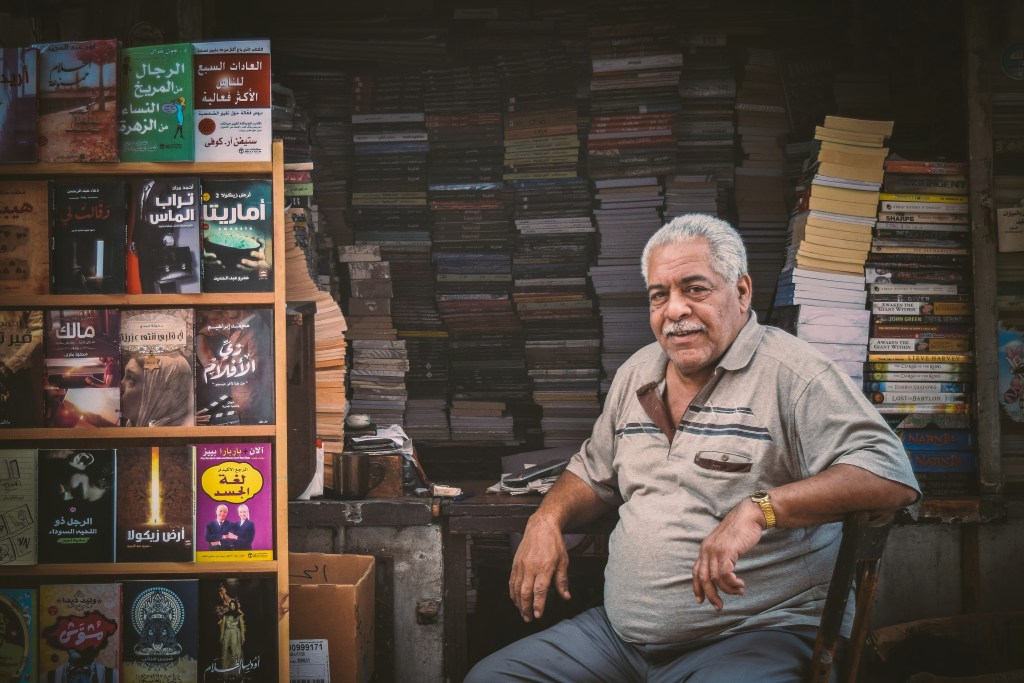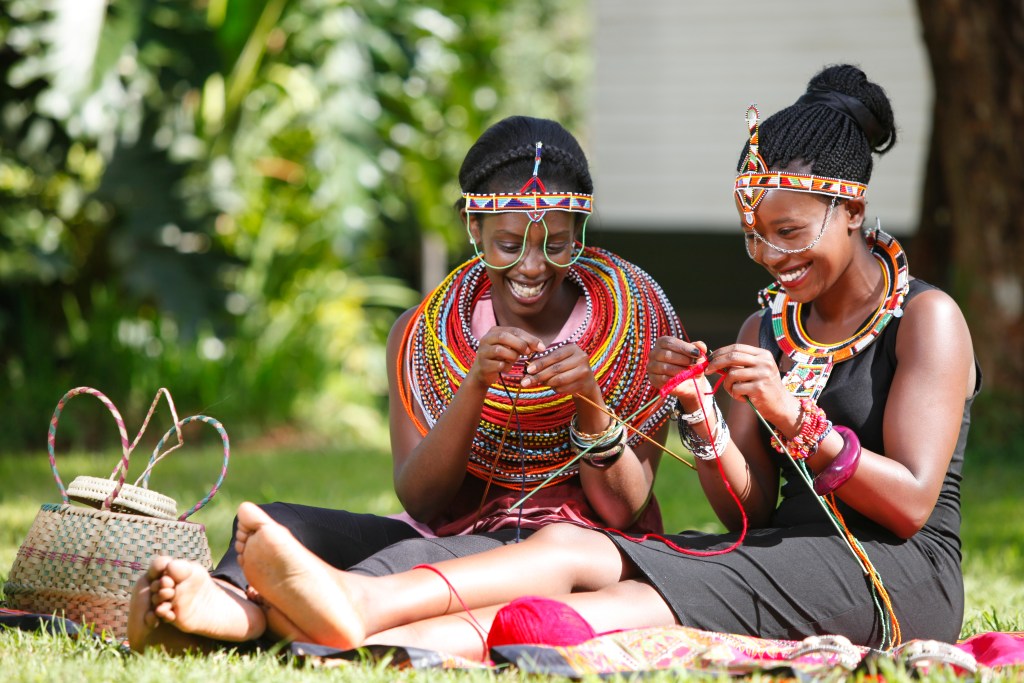
This post contains information on an exciting paid Wikimedian in Residence opportunity open to members of our African communities.
With its population of more than 1.3 billion projected to triple by the end of the 21st century, Africa is on a trajectory to become the world’s most populous region. At the moment, less than 5% of Wikimedia contributors (logged in, across all projects) edit from within the continent, and (according to the Wikipedia Diversity Observatory) only 5.5% of all geotagged Wikipedia articles across all languages are related to Africa.
Motivated by this challenge, the Wikimedia Foundation (WMF) has been developing a relationship with the African Union (AU) to generate opportunities for Wikimedia communities on the continent to accelerate progress on closing African knowledge gaps. Last year, the AU supported the 2021 WikiIndaba Conference — an essential convening ground for African communities and allies. Thanks to AU’s support, Wikimedia Community User Group Uganda (host of WikiIndaba ‘21) organized a special tie-in Africa Youth Month campaign with the The WikiVibrance Project. The campaign brought together six African Wikimedia Communities to improve knowledge around the four ‘E’s” — Education, Entrepreneurship, Employment, and Engagement — of AU’s One Million by 2021 initiative.
Our next step with the AU is a joint project — dubbed the Africa Knowledge Initiative (AKI) — aimed at increasing coverage of African topics on the Wikimedia projects. AKI is intended as a high level framework for collaboration, with the details to be filled in by implementing partners and communities. There will be opportunities for Wikimedians to access resources, to tap unique AU publications and data sources, to recruit and train high-potential contributors, and to hone strategies for targeting topics for impact. Our hope is for this project to serve as a space for experimentation, capacity-building, and connection for African communities as they explore their collective future through the Movement Strategy Implementation process.

Africa Knowledge Initiative: key players, timelines etc.
To help implement the project, the AU connected the Foundation with Africa No Filter (ANF) — “a donor collaborative that supports the development of nuanced and contemporary stories that shift stereotypical and harmful narratives within and about Africa.” The mission overlap between ANF and Wikimedia was immediately clear: ANF seeks “to connect and build the field of narrative change makers in Africa,” while Wikimedia is focused on inviting “the knowledge and communities that have been left out by structures of power and privilege.” But ANF is new to Wikimedia, so it will take time and exploration with specific communities and topic areas to discover where the ideal zone of collaboration lies.
Our 2030 Movement Direction imagines a future where “anyone who shares our vision will be able to join us.” But anyone who has done Wikimedia outreach and partnership development knows that this process is far from easy. Our movement is enormously complex and can be difficult to understand. It can sometimes take years just to get to shared understanding with a partner, let alone to design and implement joint activities. The WMF Regional Partnerships and Campaign Organizing teams want to make this process of joining the movement easier (and, where possible, faster!). So we have designed the Africa Knowledge Initiative as an experiment in “guided entry” for ANF into the movement with the goal of fostering co-creation and experimentation with African communities.
As the implementing partner, ANF will host a Wikimedian in Residence (WiR) (application info further down) for a yearlong appointment to develop a set of content creation and training activities designed around three African Union holidays (and oriented around the AU’s “Agenda 2063” goals):
- Africa Youth Day – Nov 1, 2022
- Environment/Wangari Maathai Day – Mar 3, 2023
- African Day – May 25, 2023
The project will be managed by a multi-stakeholder working group consisting of the Wikimedian in Residence and staff of the AU, WMF, and ANF, who collectively will advise the general scope of the project and liaise with participating communities and key teams at the respective organizations.

The WiR will lead implementation through collaborating and engaging with our existing communities in Africa to organize content campaign drives around the selected AU-themed holidays, while onboarding and providing support to newer countries/communities that may show interest in the project. The WiR will be uniquely positioned to access expertise, publications, and data sets held by AU and ANF, and to share these resources with communities.
They will also work with a curriculum designer to adapt current training methods to engage audiences in ANF’s network — African storytellers, journalists, scholars, and creatives — and to experiment with recruiting them into the holiday campaign activities. Through this, we hope to develop replicable learning models and materials that can be taken up by Wikimedia communities in the future to engage these sorts of potential contributors — to show them how Wikimedia can be a key part of their knowledge equity “toolkit”. For ANF, this is an opportunity to get to know our communities and to “learn by doing”. We hope this experience will lay the groundwork for continued collaboration.

What is next?
Africa No Filter has just opened the call for applications for the Wikimedian in Residence position, who will serve as the lead project strategist and the bridge between project stakeholders and Wikimedia communities.
We strongly encourage interested Wikimedians to apply, and for all African community organizations and groups to watch for more info about the evolving plans of the Africa Knowledge Initiative.
Contact us via campaigns@wikimedia.org if you have any further questions about the project, and stay tuned for information on an upcoming community conversation about the project on 4 May 2022.
Correction: An earlier version of this post misreported the percentage of Wikimedia contributors that edit from within the African continent as being at about 9%. That number is in fact less than 5% (logged in contributors, across all projects), and we have amended the post accordingly.

Can you help us translate this article?
In order for this article to reach as many people as possible we would like your help. Can you translate this article to get the message out?
Start translation